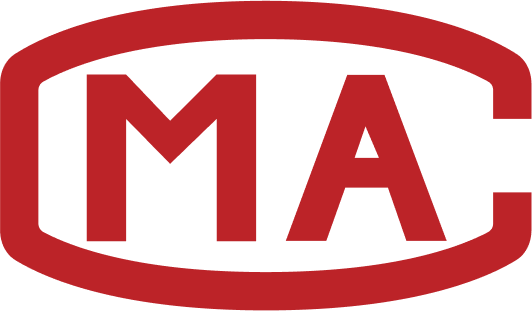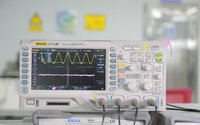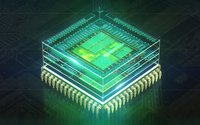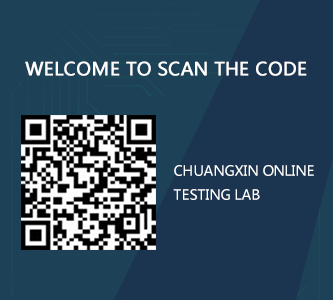Test methods and items for secondary screening of electronic components
Date:2024-06-18 11:19:56Views:52
Secondary screening of electronic components is an important means of testing the batch qualification rate and quality consistency of components. Secondary screening can eliminate early failure products caused by manufacturing defects and improve the reliability of the entire batch of devices. The effectiveness of screening tests is to determine the screening test methods and screening items, which can be based on the accumulation of previous product screening test data. By analyzing this data, identify the experimental projects that can effectively screen out early failure products. And those test items with extremely low screening and elimination rates or those that cannot exclude defective products should not be included in the screening test.
The effectiveness of the screening plan can be evaluated through indicators such as screening effectiveness and screening elimination rate. The effectiveness of screening mainly depends on the reasonable selection of screening items and stress conditions, and achieving ideal screening results is not easy. The screening requirements for products are generally based on the standards specified for their quality and reliability assurance levels.
_20240618111612_886.png)
The determination principle of screening test stress should comply with the following principles: first, the selection of stress type should be based on the stress that can trigger early failure, which needs to be determined according to the failure mechanism of different products and the information mastered; Secondly, stress screening should focus on exposing various hidden dangers and defects of the product as early as possible; At the same time, screening stress should not cause failure of normal products; In addition, after stress removal, residual stress should not be left on the product or affect its service life; Finally, the duration of the stress screening test should be sufficiently long to fully expose early failure.
The conventional screening methods mainly include routine inspection screening, sealing screening, environmental stress screening, lifespan screening, and electrical testing screening.
1. Routine examination screening: including microscopy, infrared screening, and X-ray screening. Infrared screening can be used to remove devices with severe thermal defects, while X-ray screening is used to check for foreign objects inside the tube shell, as well as to detect defects and chip cracks in the mounting, bonding, or packaging processes.
2. Sealing screening: including bubble method, helium mass spectrometer method, radioactive gas and tracer leak detection method, etc. These methods are used to eliminate defects in the shell and sealing process, such as cracks, small leaks, pores, and poor alignment of packaging.
3. Environmental stress screening: including vibration acceleration, impact acceleration, centrifugal acceleration, temperature cycling, and thermal shock. These methods screen for early failure products by applying specific environmental stresses.
4. Life screening: including high-temperature storage, low-temperature storage, aging screening, precision screening, and linear discrimination. These methods screen products with quality issues by storing components for a period of time or conducting aging tests under specific conditions.
5. Electrical testing screening: can be used as a supplementary means for transistors and other devices.
Chuangxin Testing always adheres to the principle of "professionalism, authority, efficiency, and innovation", and has purchased international advanced testing equipment with a heavy investment. The testing strictly follows international testing standards and methods, and is recognized by the China National Accreditation Service (CNAS) and the Guangdong Provincial Administration for Market Regulation (CMA). The testing reports issued by Chuangxin Testing have international mutual recognition effect, and can be recognized by 70 laboratory accreditation institutions in 58 countries around the world. Welcome to call, we will be happy to serve you!




 Weixin Service
Weixin Service

 DouYin
DouYin
 KuaiShou
KuaiShou




















